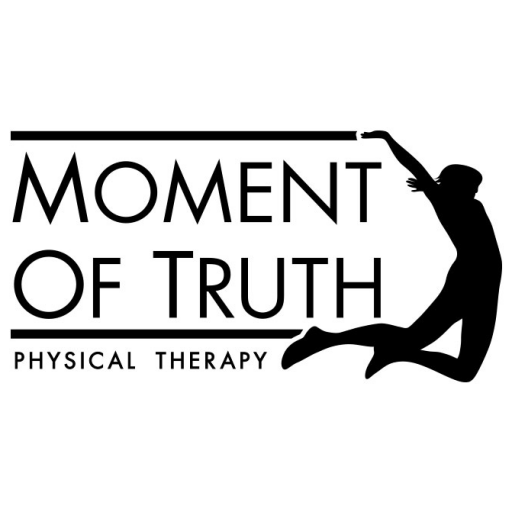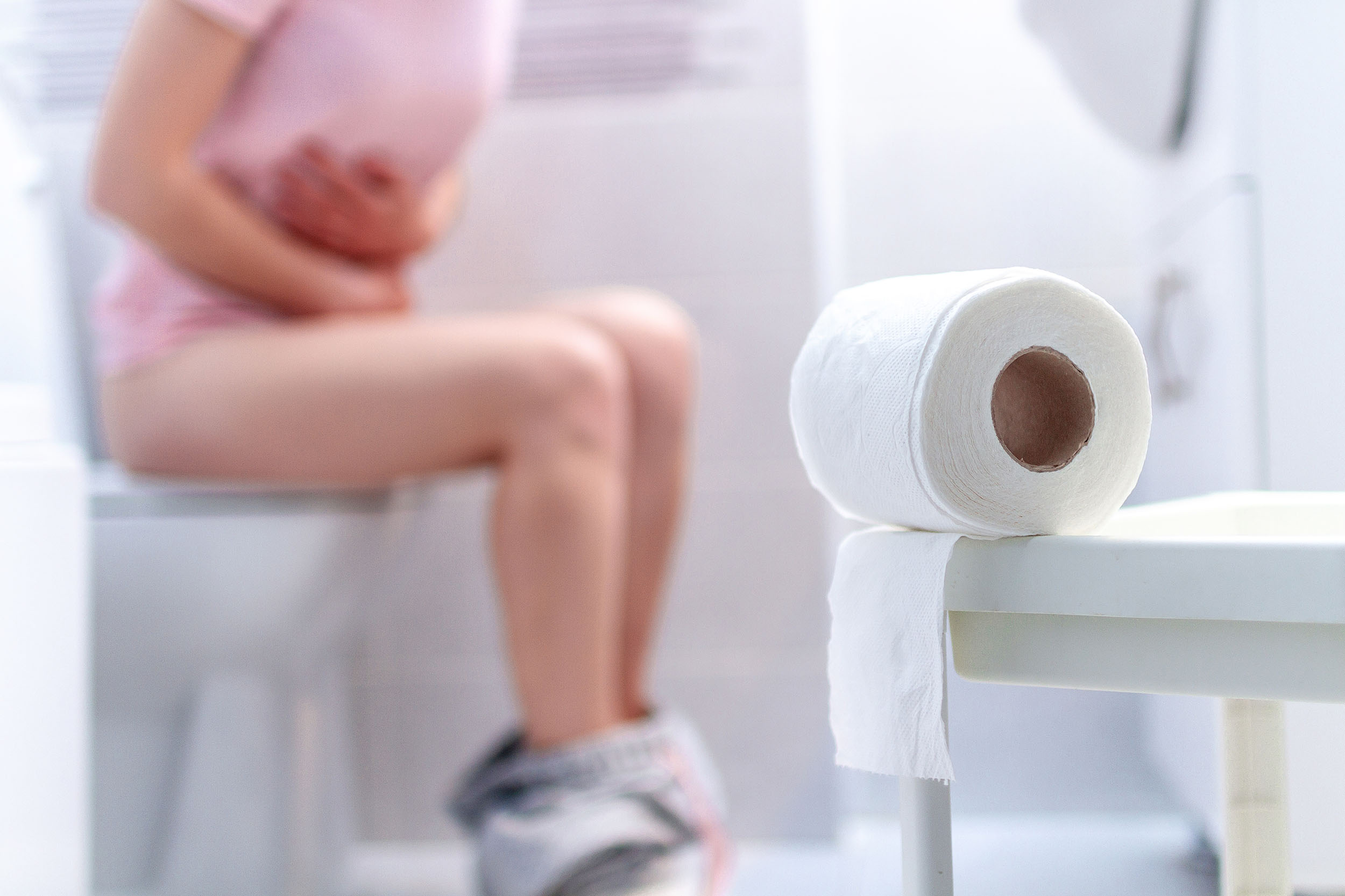What would you assume the leading cause of postpartum prolapse would be? Probably prolonged labor, a heavy baby, or multiple births, right?
If these were any of your guesses — you would be wrong. You may be surprised to discover that chronic constipation is actually the leading cause of postpartum prolapse.
While postpartum constipation is common, it is not necessarily normal. In this post, we will explain how to prevent and treat postpartum constipation and hemorrhoids so that you can reduce your likelihood of prolapse.
Can You Prevent Postpartum Constipation & Hemorrhoids?
It is important to note that while there are some ways to prevent postpartum hemorrhoids — not every factor is entirely in your control. When pushing a baby out, uncontrollable forces at work may cause hemorrhoids, constipation, or prolapse.
While these issues are treatable, you can do plenty of things before or after delivery to minimize (or eliminate) postpartum hemorrhoids. But first — let’s discuss the most common causes.
Causes of Postpartum Constipation
Did you know that 25% of women struggle with constipation during the postpartum period? So, if you find yourself in this statistic — you are not alone. These are just a few of the most common reasons that you may be dealing with postpartum constipation:
- Distorted Tissues — Your intestines are stretched, depressed, and distorted during pregnancy and delivery, which may create challenges during bowel movements.
- Hormonal Shifts — With so many hormonal changes happening in your body during and after pregnancy, these hormones can contribute to constipation.
- Medication — If you had an epidural, the medication affects the mobility of the intestines, which may cause you to become temporarily constipated. Pain meds may also cause constipation.
- Movement Restrictions — Women are sometimes put on bed rest before delivery, and the lack of movement can lead to constipation.
- Lack of Fluids — After your baby is born, your body starts working hard to make breastmilk, which is an arduous process. Your body can quickly become dehydrated, and dehydration often leads to constipation.
Causes of Postpartum Hemorrhoids
Constipation can cause hemorrhoids, but that isn’t the only cause. You may also develop hemorrhoids because of the following reasons:
- Blood Vessel Pressure — Delivery causes an enormous force on your blood vessels (with a blood volume that has increased since pregnancy) that can cause hemorrhoids.
- Pelvic Floor Pressure — Pressure on your pelvic floor during pregnancy and delivery can cause blood flow pressure that can lead to hemorrhoids.
- Obesity — If you are obese, the extra pressure and weight from your pregnancy may make you a more likely candidate for hemorrhoids.
- Rectocele— If the wall between the vagina and the rectum becomes detached, balloons, or stretches out, the strain can lead to hemorrhoids.
How Can I Prevent Postpartum Constipation & Hemorrhoids?
If you are looking for ways to prevent (or treat) postpartum constipation and hemorrhoids, pay attention to or invest in the following:
Squatty Potty
Squatty Potty is a footstool you can use while going to the bathroom that helps to straighten out your colon so that you can poop without strain. It helps your body mimic a “squatting” position, which is how it is designed to poop.
If you are feeling constipated, using a Squatty Potty can get things “moving,” and if you are worried about developing hemorrhoids, using one of these footstools can prevent them.
Abdomen Massage
At Moment of Truth Physical Therapy, we teach women with slow motility to massage their large intestines in a particular way to get their bowels moving. Simply massage your lower right, upper right, upper left, and lower left abdomen clockwise.
You can watch the video below to see an example of how to complete this massage at home.
Hydration
Staying hydrated is critical during the postpartum period. Not only does your body need the extra hydration to produce breastmilk, but your body needs hydration to keep your bowels moving and prevent you from becoming constipated.
You should drink at least eight to ten glasses of water per day, and if you are already constipated, an extra two to four is a good idea. Remember, your urine should be a light-yellow color, so if your urine is concentrated, you should be drinking more water. If you are thirsty — you are already dehydrated, so drink up!
Healthy Foods
Eating the following healthy foods can help postpartum women keep their bowel movements regular:
- Prunes
- Apples
- Pears
- Kiwi
- Figs
- Citrus
- Spinach & greens
- Artichoke
- Rhubarb
- Sweet potato
- Beans, peas & lentils
- Chia seeds & flaxseeds
- Oat bran
- Kefir
You should also pair these foods with a high-quality probiotic. Probiotics can aid constipation and keep your gut healthy and happy when taken regularly.
Pelvic Physical Therapy
Pelvic physical therapy reduces strain and normalizes tissue tension for postpartum women.
Remember how we mentioned pelvic floor pressure and distorted tissues were some of the leading causes of postpartum constipation and hemorrhoids? A pelvic floor physical therapist trained in rectal and pelvic floor work can alleviate these issues to prevent postpartum prolapse.
Sitz Bath
If you are in the process of curing your constipation and hemorrhoids but still need some relief in the meantime, a Sitz bath is a great option — it is like a small Epsom salt bath for your rectum and vaginal area.
How Can Moment of Truth Physical Therapy Help with Postpartum Constipation & Hemorrhoids?
If you struggle with postpartum constipation and hemorrhoids, you don’t have to rely on medications or play the “waiting game” for your body to return to normal while you suffer in silence. You can do plenty of things — like eating healthy, staying hydrated, and using a Squatty Potty — that can help alleviate and prevent constipation and hemorrhoids.
If you would like to work with one of our pelvic floor physical therapists trained in rectal and pelvic floor work — we would love to see you! Please fill out this form for your free discovery session so we can determine the proper treatment for you.


0 comments